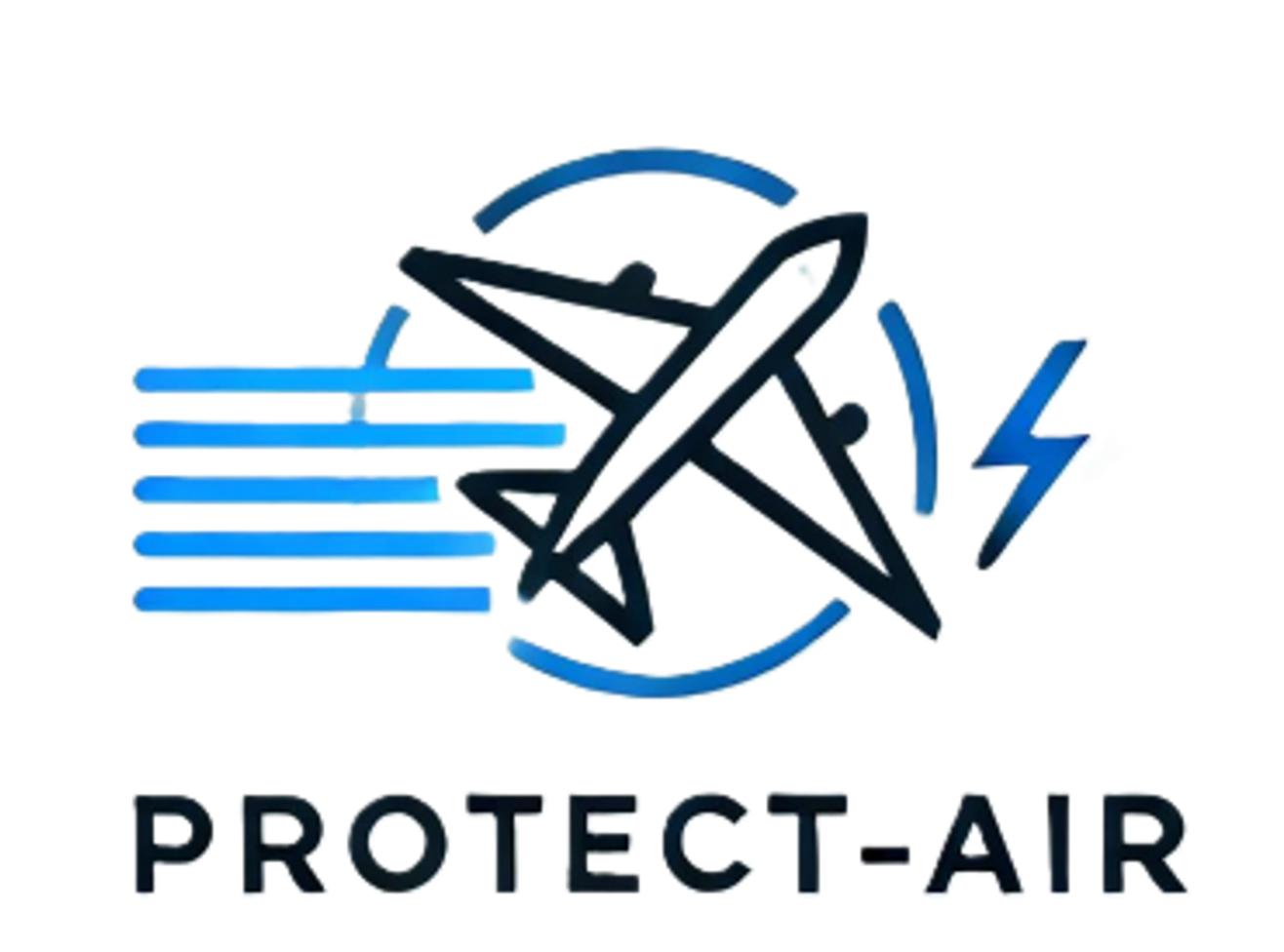
Protect-Air is an innovative project launched to address the urgent need to reduce pollution caused by air transportation. The main objective is to develop a new material that can replace current technology with one that offers a better balance between conductivity and density, without compromising aircraft safety.
This new material is based on nanotechnology, which will significantly reduce aircraft weight. This will not only decrease fuel consumption but also improve aerodynamic performance and enhance flight safety. In addition, the material will offer greater resistance to lightning strikes and electromagnetic interference.
CT plays a key role in the project, being responsible for the design of the demonstrator and for running simulations to validate its performance. CT also contributes to the implementation and validation of modeling tools, ensuring that the developed materials meet the defined technical and sustainability goals.
Protect-Air falls under Mission 7 of the Science and Innovation Missions, which is currently focused on sustainability and efficiency in air transportation. The project is closely aligned with the Strategic Research and Innovation Agenda (SRIA) and the CORSIA program, both initiatives aimed at drastically reducing emissions in the aviation sector through the development of a greener, more sustainable industry.
The project is led by SOFITEC, as part of a consortium of five companies including CT Engineering, MENZOLIT, AVANZARE, and ENSATEC. It also benefits from the support of AIMPLAS, IMDEA, and INTA as technology and research centers.
CT’s involvement reflects our commitment to developing innovative technologies that enhance sustainability in the aerospace sector. Through research and innovation, we continue to work toward a more efficient, safer, and environmentally responsible industry.
About Protect-Air:
PROTECT-AIR (Research on sustainable protection systems for lightweight and efficient air transport) has a total budget of €2.1 million, of which €1.2 million is funded through the 2024 Science and Innovation Missions call, under the Recovery, Transformation, and Resilience Plan (PRTR). The project corresponds to case number MIG-20241124, issued by the Centre for the Development of Industrial Technology (CDTI).


